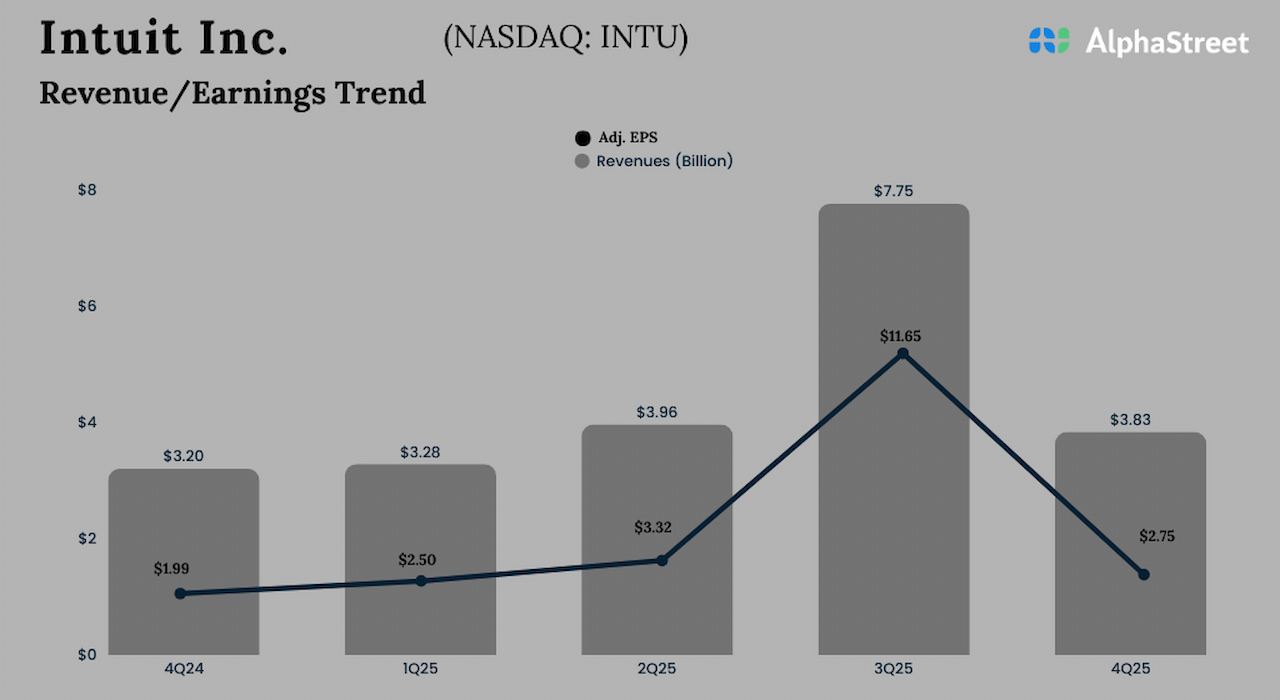Enjoy the current installment of “Weekend Reading For Financial Planners” – this week’s edition kicks off with the news that a recent study commissioned by Morgan Stanley demonstrated that investors with a financial plan are more confident in their ability to meet their future goals, which in turn makes them more likely to avoid overreacting to short-term events like market volatility and stay on track to achieve their goals in the long run.
Also in industry news this week:
New research from Cerulli shows that despite RIA firms wanting to focus more on organic growth, they remain constrained in the amount of time and resources they can devote to business development
A study from Goldman Sachs finds that the majority of advisors don’t discuss alternative assets with their clients (which may be simply because alternatives aren’t appropriate for most clients of advisors?)
From there, we have several articles on practice management:
Why it’s better for advisory firms to be proactive in expanding their ownership circle rather than waiting until the last minute before the original owners want to hand off control (because doing so gives more time to find the strongest next-generation leaders and reassures clients that their interests will continue to be protected)
How next-generation advisors are increasingly seeking equity ownership in their advisory firms, and how programs like profits-interest plans and phantom equity can allow advisors to participate in the success of the RIA without diluting the original owners’ control
Why incentive-based compensation can help advisory firms reward employees based on certain metrics like prospect conversion rate – but must also be carefully thought through to ensure they don’t unintentionally incentivize other behaviors that end up being detrimental to the firm (e.g., accepting any new clients regardless of whether they’re a good fit)
We also have a number of articles on tax:
The One Big Beautiful Bill Act (OBBBA) increased the maximum deduction for State and Local Taxes (SALT) to $40,000 limit, but that limit starts to decrease for households earning over $500,000 – meaning that advisors can help their clients plan for how to make the most of the deduction if they’re at or over the threshold
The Alternative Minimum Tax (AMT) rules remain mostly unchanged under OBBBA; however, two key changes may mean more AMT exposure for higher-income households, making strategies like exercising Incentive Stock Options appealing before the end of the year
OBBBA expanded the ability to use 529 funds for K-12 expenses, including textbooks and standardized testing fees – except actually using 529 funds for those expenses may not be a great idea, since it would mean taking away future tax-free growth for college and other postsecondary expenses
We wrap up with three final articles, all about becoming a better writer:
Why good writing usually requires multiple drafts – first to “brain dump” ideas, then to restructure, cut, and refine the prose into a polished final piece, which allows the brain to focus on being either creative or critical (but not try to do both at once)
Why, in an age of more and more AI-generated writing, it makes sense to keep pursuing writing as a craft since it helps to organize the mind and sharpen thinking in a way that is missed when outsourcing writing to a chatbot
How financial advisors can create a steady stream of blog articles for content marketing by writing about common questions asked by their own clients and maintaining a consistent schedule and article format to streamline the writing process
Enjoy the ‘light’ reading!
Read More…


























